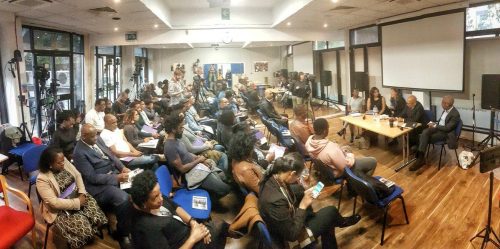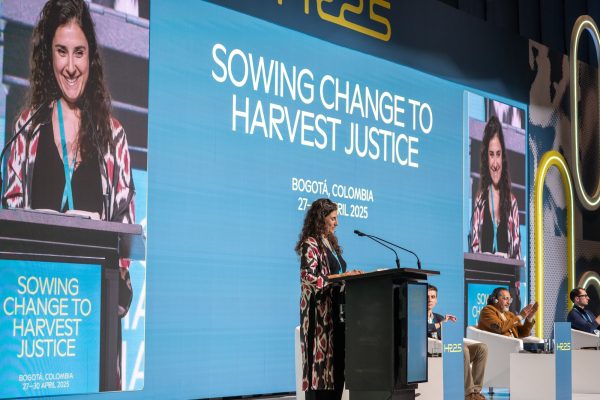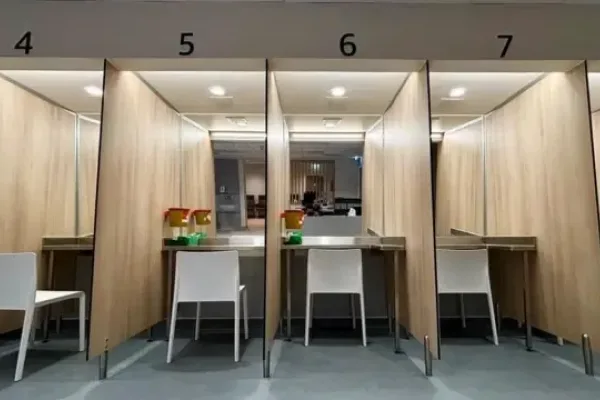8th October 2019
Guest blog by Sunny Dhadley, a part-time consultant for Transform Drug Policy Foundation working to build the Anyone’s Child network in the Midlands.
In September I attended an event UK Policy, Race, Cannabis & Business learning the lessons from US cannabis legalisation. The event was co-organised by Blaksox, Transform Drug Policy Foundation, Stopwatch and Operation Black Vote and featured Shaleen Title the commissioner for the Massachusetts Cannabis Control Commission tasked with social equity. The event got me thinking about drugs and race here in the UK.
The rate by which the United Kingdom incarcerates people is nothing less than shameful. According to www.researchbriefings.parliament.uk, England and Wales has the highest incarceration rate amongst Western European jurisdictions.
Unfortunately, by digging just a little deeper, the story gets much worse. Research from The Prison Reform Trust showed that a massive 26% of the prison population are from Black, Asian, Minority and Ethnic backgrounds (BAME) in contrast to making up 12.8% of the overall population, with the economic cost of this over-representation in the system estimated to be £234 million a year. Also, a joint report between Stop-Watch and Release shows that black people are nine times more likely to be stopped and searched by police, compared to white people. In addition to BAME communities - women and adults who spent time in the care system are also unfairly treated by the criminal justice system in the UK. The impact of incarceration does not merely affect the individual in question but ripples are felt within families, communities and even the economy.
“So what”, some may say “They have committed a crime and deserve punishment!”. Prison is a place to supposedly rehabilitate people, but in actual fact it does not do this very well. In 2018/19, the United Kingdom spent £4.56 billion on its prison system. Its impossible to conclude this was money well spent! . Many people are released from prison, only to return there shortly after; nearly half of adults (48%) are reconvicted of another offence within one year of release (in contrast t.34% of adults given a community order or a suspended sentence order go on to reoffend) This statistic alone should be making us question the efficacy of sending people to prison (particularly for minor and non-violent offences).
So why should we consider alternative approaches? Of course it is paramount that society is safe and that dangerous people should not be allowed to roam free. But at the same time by understanding every person’s human experience, and truly offering rehabilitation, then untapped potential can be realised in a way that will more effectively keep society safe, whilst collectively moving society forward.
From my experience of running a peer-led community initiative, that consisted of staff and volunteers who were recovering from addiction, who had most likely spent time inside, been homeless, suffered mental ill-health and/or were reliant upon state support, we spent countless hours advocating for and assisting marginalised and vulnerable communities. I would suggest that it is people who are living in poverty and deprivation with a lack of opportunities and confronted by systemic failings who are the ones that are going into prison over and over again.I believe that the criminal justice system has become a staple intervention for dealing with people suffering from — poor mental health, addiction issues, low levels of education and general economic and social inequality. Rather than being there to help, support, guide, empower and provide meaningful options, instead society places huge volumes of people into an often violent, non-therapeutic and regressive environment. This must change!
Therefore, to really make a difference to modern society, I would recommend the following:
*Reduce the prison population and transfer funding from UK prison spend and instead invest in to –
- Addiction harm reduction services
- Tailored training and employability programmes
- Mental health services
- Housing improvement initiatives
- Social enterprises
- Improve pre and post release support and community integration
- Implement diversionary schemes at the earliest point possible (particularly for first time entrants to the CJS).
- Reform Drug Policy — Regulate the illicit drug market, take this out of the hands of organised crime groups and give control back to Government
- Meaningfully tackle institutional racism and unconscious bias, including through increasing levels of diversity within criminal justice agencies/partners
- Adopt a systemic approach in tackling social inequality




